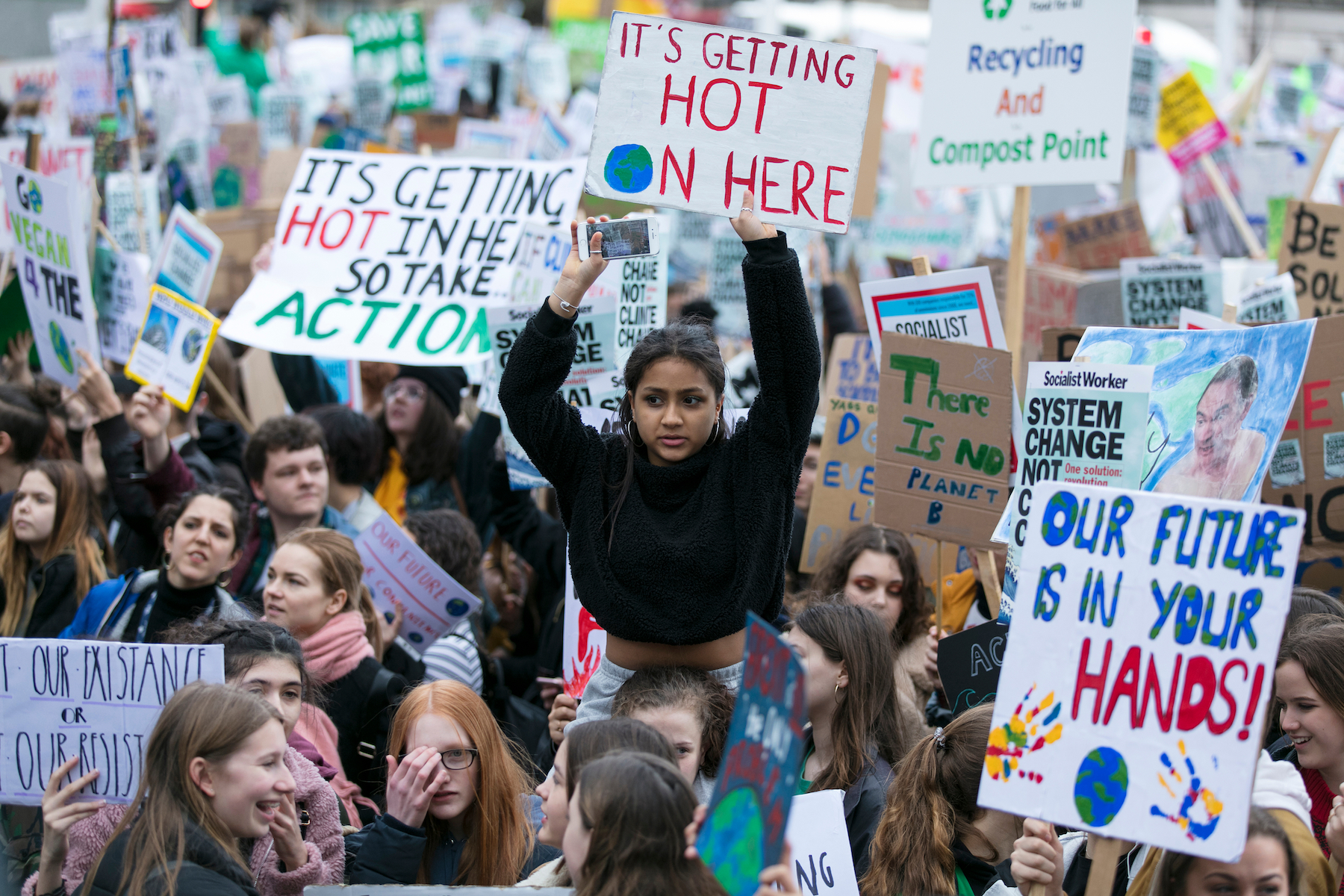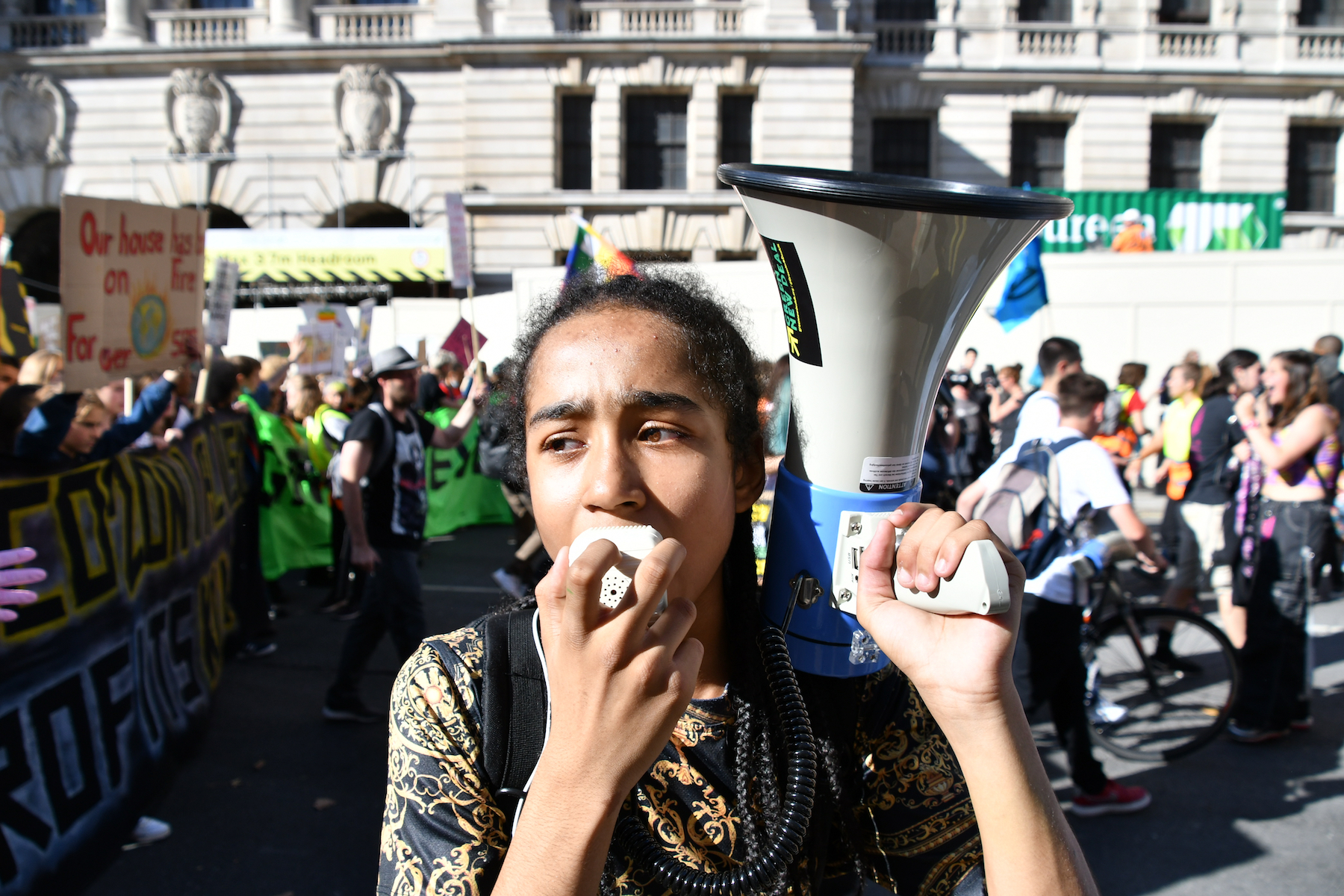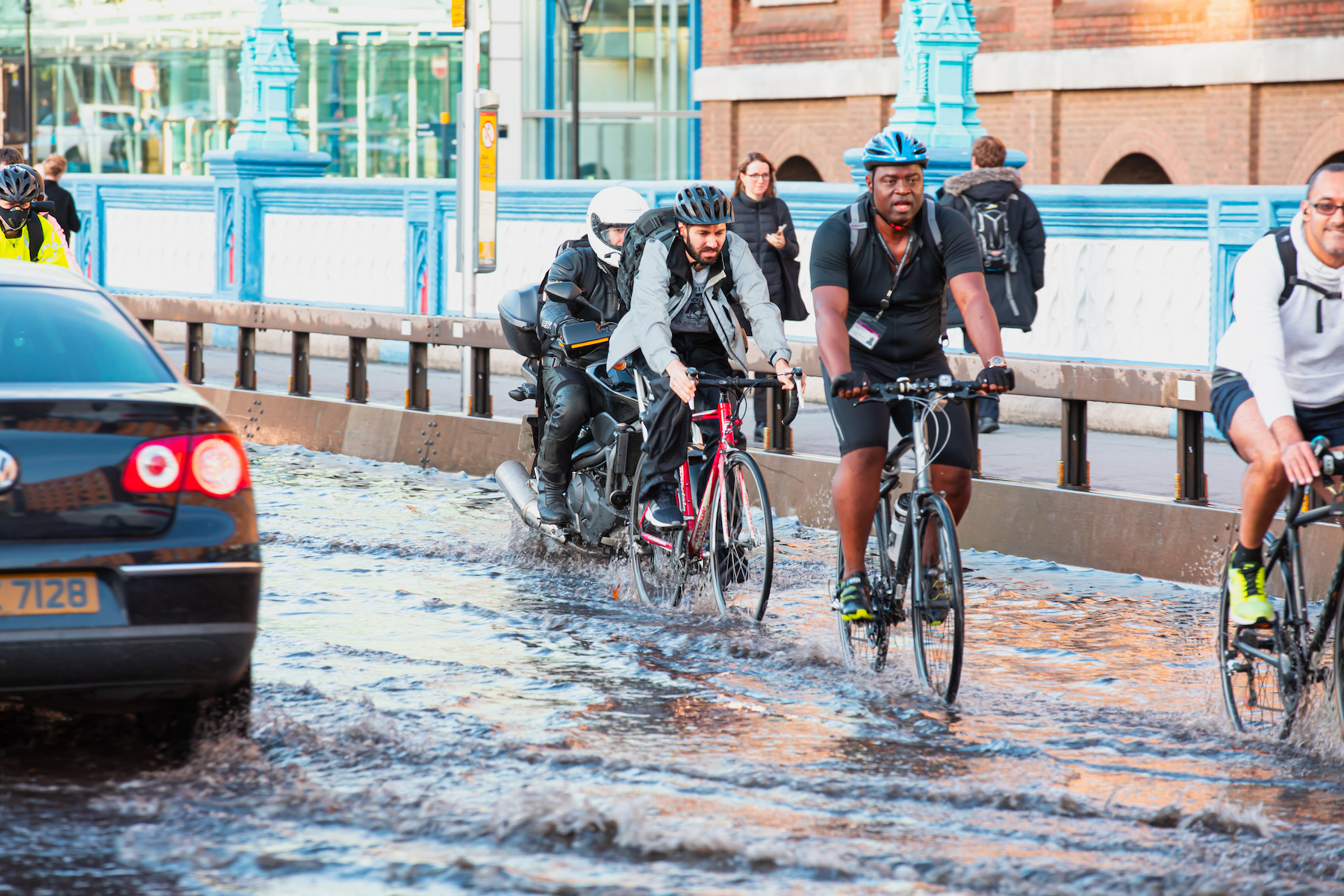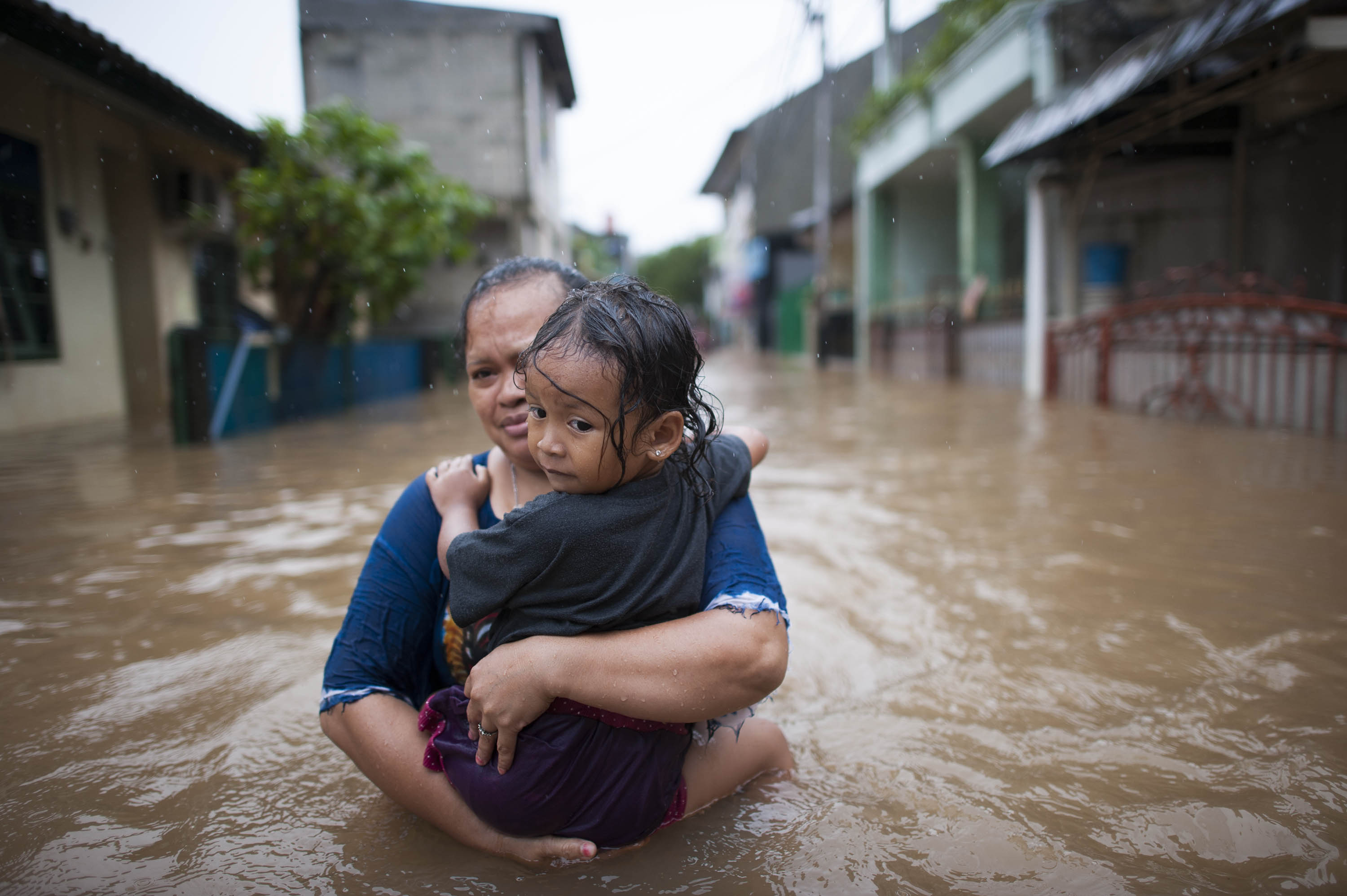Climate change and race are connected
The negative impacts of global climate change are becoming increasingly apparent around the world. These impacts disproportionately affect people who have contributed the least to causing the problem, particularly people in developing countries (also known as the Global South). Climate change is also inherently linked to racial inequality and colonialism through historical and ongoing extraction of natural resources and wealth from the Global South to sustain economic development in the industrialised countries of the Global North. Racial inequality in cause and vulnerability is not limited to the disparities between countries of the global North and South.





